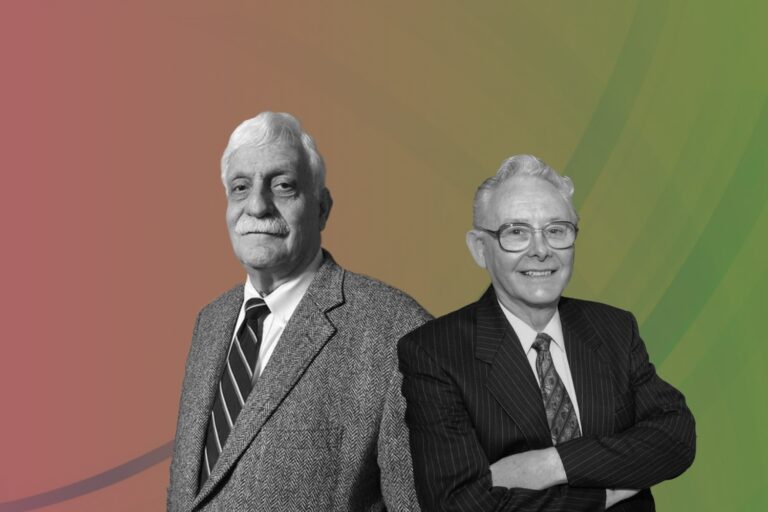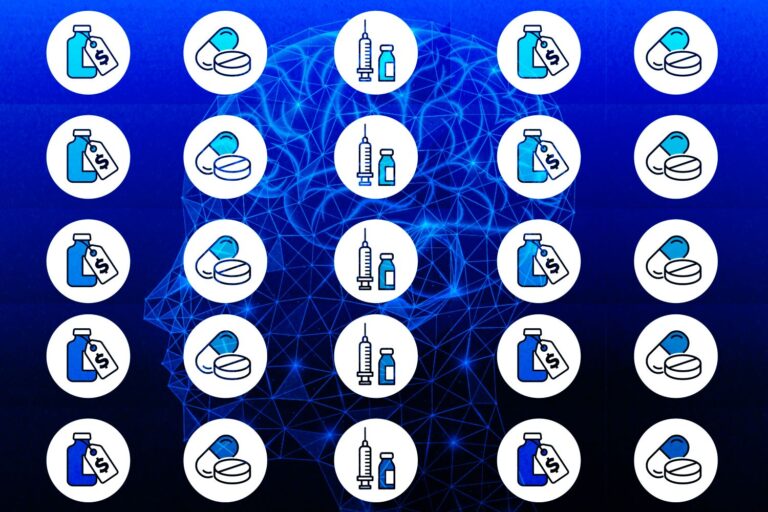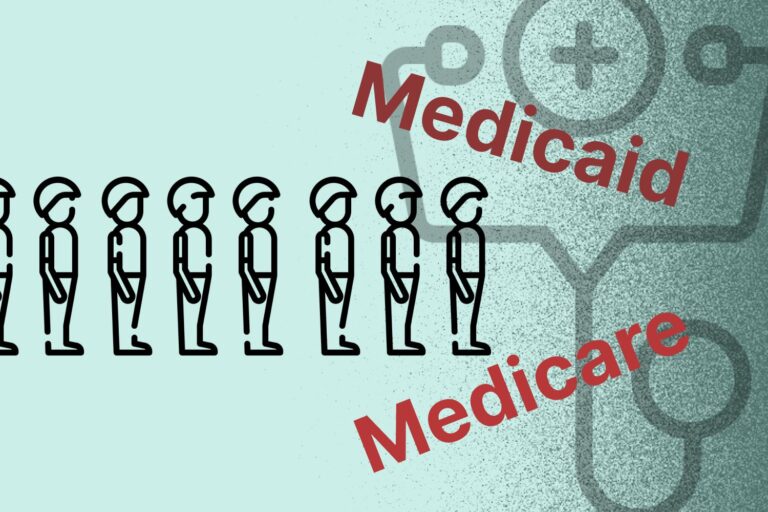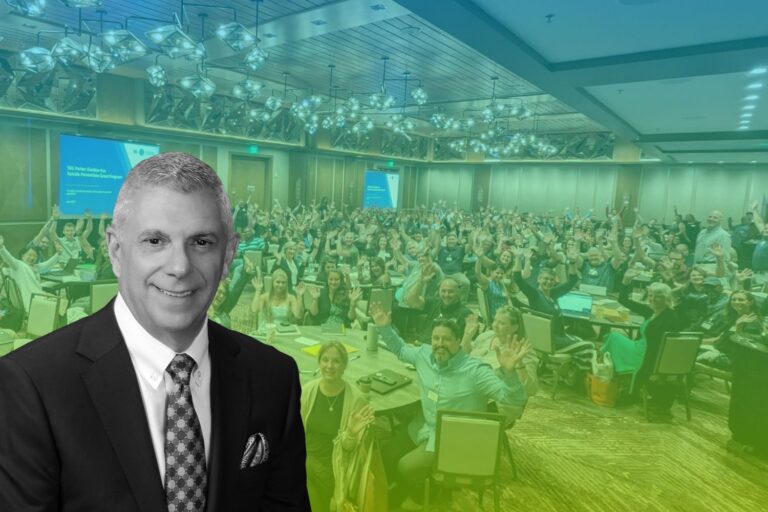Headway: A Path to the Ever First National & Virtual Network of Therapists
Founded in 2019 by Andrew Adams, Jake Sussman, Dan Ross, and Kevin Chan, Headway is a mental healthcare system provider based in New York. While one in five people have a treatable mental health condition, the overwhelming majority don’t get the care that they need. Through Headway, prospective patients can search for a therapist who meets their needs, all while having a clear view into what they’ll owe with their in-network insurance plan.
With the mission of “building a new mental healthcare system,” this startup company develops a health insurance advisory platform designed to connect patients with therapists and provides administrative support to therapists who don’t typically accept insurance. It has partnered with a wide variety of insurance companies, such as Aetna, United Healthcare, Cigna, Blue Cross Blue Shield, and many others. Today, services provided by the business are available in 11 states across the continental United States.
“We are breaking the vicious cycle and building a new mental healthcare system that will render inaccessibility an anachronism,” Andrew Adams, the problem-obsessed Co-founder and CEO of Headway. He had challenged the core assumption in the space, that therapists wouldn’t accept insurance, by providing software to automate the process and alleviate this friction. He knows the solution, but he also understands developing a startup into a strong and sustainable company would be a long journey.
Defining Problem in the Space
As part of moving to New York City in 2015, Adams encountered a huge obstacle in an attempt to look for a specialist that would take his insurance. At the time, he failed for the same reason that the majority of the one in four Americans with a treatable mental health condition such as depression fail to find care, according to a survey conducted by the National Alliance on Mental Illness. If the truth be told, mental health hasn’t received the same attention as physical health.
“I couldn’t find a therapist that I could afford because 70% of therapists don’t accept insurance,” Adams said. The reality is that therapists would accept insurance if it weren’t so hard. But it is hard because insurance wasn’t built for therapists. It was built for huge hospital systems that employ entire departments to deal with the administrative burden of insurance. Therapists do not have the time or resources to accept insurance. Many therapists have independent practices, which can make processing claims and negotiating with insurers more difficult.
A shortage of healthcare professionals, coupled with a crippling pandemic, has exacerbated a longstanding problem with access to mental healthcare. There’s a need for a unique combination of great entrepreneurs solving big, important problems in a way that can produce a long-term, self-sustaining business. Where Headway fits into the industry is by increasing the supply of practitioners who accept insurance coverage, thus making it easier for patients to access much-needed care.

Fixing by Building Network
To solve this problem, Adams started the company with the idea of building his own network of therapists who accept insurance by creating a system to manage the administrative burden, such as claims and insurance credentialing. In turn, they become independent contractors of Headway, which is paid by insurers every time they see a patient. Because its free software help therapists handle all the work to accept insurance, two out of three providers on the platform don’t accept insurance anywhere else.
On the patient side, the startup’s free tool allows users to punch in their current health plan and search a network of therapists for a match. On the therapist side, it connects them to an insurance panel and then helps to handle booking, billing, and other back-end tasks. The company also enables anyone to find a provider who accepts their specific insurance plan. Put together, Headway is helping tens of thousands of who like Adams in 2015, would otherwise be unable to find affordable mental healthcare.
Adams hopes that by creating a network of therapists who accept insurance, his company can make mental healthcare more accessible and affordable. “Everything is continuing to unfurl. On the one hand, there is a national crisis that is translated into a national need from insurance companies. On the other, there is a need to educate insurance companies. We have to help solve administrative work for therapists. We know and understand the solution but growing a company across the country will take time,” he said.
Entering the Era of Mental Health
Now is the time for a new mental healthcare system that works for everyone. While destigmatization has meaningfully changed the conversation around people seeking mental treatment, it hasn’t yet meaningfully changed the system such that people actually get mental healthcare. Fortunately, the system is about to undergo a transformation, where Headway is seen as an important player.

According to Adams, nowadays, mental healthcare has gone from being an afterthought for businesses and the government to becoming a top-five employer health concern and a top priority for legislators. Because insurers’ key clients are employers and the government, they’ve never been more motivated to help construct a system where patients actually get care.
Headway is partnering with insurers to make this new system a reality. Today, its providers represent the majority of the therapists and psychiatrists in the networks of most major health plans, and the vast majority of them did not accept insurance before Headway. The need for a new, more inexpensive mental healthcare system has never been greater, since the pandemic has harmed the mental health of tens of millions of people, disproportionately affecting those with the least financial means.
“As a company dedicated to access and affordability, we’ve focused on inclusivity across regions and socioeconomic statuses. We are proud to support communities outside of large urban centers: most of our appointments are booked by patients located outside of Manhattan,” he shared. “Our patients who receive health insurance benefits from their employer work everywhere from the MTA to Google, and many of our patients rely upon government-subsidized health insurance.”
For the time being, Headway’s focus is squarely on mental health, with “therapists” mostly being in categories like psychotherapy or psychiatry. But in the foreseeable future, that might widen out to the multitude of other professional categories that also reach into complementary or completely different categories of therapies and are connected to a person’s well-being and mental health.
Making Full Use of the Market Snapshot
Throughout the Covid-19 pandemic, there has been an increased demand for mental health services with many people facing a mental health crisis in this country. One in five U.S. adults today lives with a diagnosable mental illness, and the ongoing challenges of the pandemic have led to nearly half of Americans reporting that the coronavirus crisis is harming their mental health.
Despite that fact, people can’t access the mental health support they need, often because they cannot find therapists they can afford who have availability. The first challenge is finding a mental health provider as most are fully booked with existing patients. Long lists of providers can be found in online directories, but it’s nearly difficult to know who is accessible to see new patients.
What can fix this is exactly what Adams has built with Headway, a mental health marketplace which matches patients and providers. As a Stanford-trained engineer and entrepreneur, Andrew is an astute technologist who works late nights and talks a mile a minute. Under his leadership, the company is scaling rapidly in New York and is well-positioned to grow nationally at a time when we critically need this help.
As we have discussed above that access to mental healthcare pales in comparison to physical healthcare coverage, this time of the pandemic has further highlighted this gap. Despite the increase in the prevalence of mental health needs, access to mental health coverage has failed to keep pace. If there’s ever been a time when a new business arises to meet the moment, we are there. By fixing barriers to access and cost, Headway is on track to help many people get the help they need and deserve.
Where the Success Comes from

Although Headway is just a young company, its success is undeniable. Especially in a niche market where there are relatively challenging problems, Headway’s entrepreneurial journey is worth learning. Today, the company is thrilled to be powering thousands of appointments every day with 845,725 appointments facilitated, 68,994 patients served, 12,836 therapists, and psychiatrists, which are really impressive numbers. Let’s take a look at what factors the company relied on to get that success!
#1. Expansive Vision
At Headway, one of the key factors would be the expansive vision of the founding team, especially Andrew Adams. Playing the role of a CEO, he is insanely smart, positively aggressive, introspective and an avid learner. Under his vision, the company has grown into the first asset-free national network of therapists across the country. As a problem-obsessed healthpreneur, he had challenged the core assumption in the space. “We’re eager to use this capital and support to build out our vision of a new mental healthcare system rewired for access and affordability,” wrote Adams.
#2. Two-sided Marketplace
Headway has built a two-sided marketplace of sorts that taps into one of the biggest hurdles around how medical care works in the US. The company favors big business over smaller operations. Its business developed a system that not only helps therapists expand their mental health practices but also allows individuals to find affordable mental health professionals. Additionally, as Adams predicted, mental health is a driver for all healthcare. As a result, the market of behavioral health could eventually be a trillion-dollar market, gaining attention from investors.
#3. Business Model
The business model of Headway is quite interesting, focused first on the provider to expand the supply of therapists in a given market. The company doesn’t charge patients for its search service, nor does it charge therapists. Instead, the company takes a commission from the insurance providers, which pay it essentially for enabling wider access to more therapists and billable work for their policies. Even though Headway was piloting their product with only a handful of therapists, the early results have proved that the model could work.
#4. Expansion Plan
Adams plans to use the funds to expand Headway’s services into other states. Although many patients are currently seeing mental health providers of telehealth visits, they might want to see them in person in the future. According to Adams, working with therapists in new geographies helps the company recognize this is a ubiquitous problem and that the fragmentation within the industry is universal. “We do see our patients typically want to go in person when they can, which is why we’re building a large, geographically dense network. We’re really excited to use this capital to expand across the U.S. and do what we’re doing now, not just in the market of New York,” he said.
The Bottom Lines
In the future, Headway is going to expand the service to more cities and to widen the pool of therapists that it works with, as well as to invest in building out more technology to improve how its search and recommendation works. It’s time for a new mental healthcare system, rewired for access and affordability. Headway is making that system real today, and so can other healthcare startups out there.









